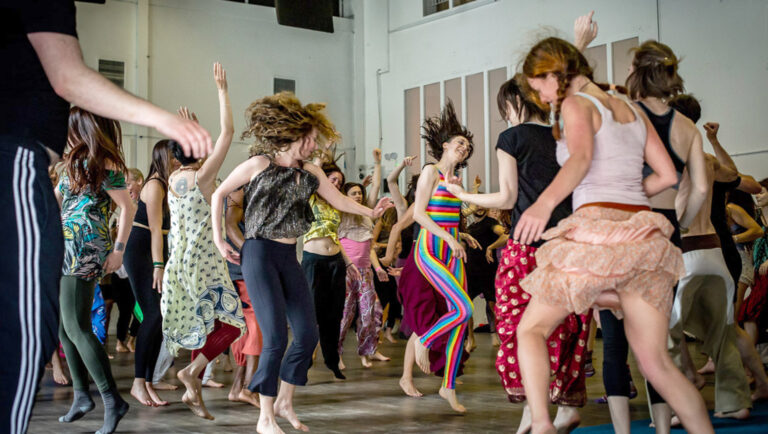
Ecstatic Dance & Sound Baths: Keeping the Community Healthy
When an area changes as rapidly as Hackney Wick today, it can place a range of stresses on our wellbeing. But help is close at hand
A standing legacy is a rarity; it’s easy to talk about, but a challenge to implement. Although London is world-renowned for a myriad of things, hosting the 2012 Olympics remains one of its larger-scale and undeniable achievements. Many of us were active spectators ten years ago, showing up in the thousands to cheer on Team GB. Some of us volunteered our time, while the rest of us watched from home or in public spaces. But when the final scores came in, the last broadcast aired and the Olympians had departed, what more was there to it?
“There’s been an unbelievably massive change since pre-Olympics,” says Jeremy Northrop, Regional Manager of Lee Valley’s partnership at GLL, “from a very rundown outdoor cycling venue to where we are now.” Jeremy speaks of Lee Valley VeloPark, an arena for all things cycling. Situated within Queen Elizabeth Olympic Park, the VeloPark, which opened its doors as a cycling centre in 2014: “We’re the only venue in the whole world to have held the Olympics, the Commonwealth, the World Cup and the World Championships for cycling”, says Jeremy, who started with Lee Valley in 2013. “We’re still the only venue in the world that runs the four British Cycling disciplines.” Bookable activities and classes include track cycling, racing on the road circuit, mountain biking, paracycling and BMXing, as well as spinning classes in their famed VeloStudio.
The centre caters for all ages and abilities, with youth sessions and heavily discounted rates available for schools: ““Our youngest rider is two years of age. Our oldest rider, he’s about 92, and until a year or two ago, he held the one-hour world record for his age group.” Approximately 45% of visitors identify as female, a rare statistic in the cycling community, according to Jeremy: “We’re trying to get over that hurdle that it isn’t actually just a sport for white male 50-year-olds.”
Memberships range from £23-39 a month or Pay-and-ride sessions are payable at £6 an hour. “We’re very conscious of what we charge. It’s not about making profits, it’s making sure that you’re providing a public venue of affordable value for the customer and for the country.” Lee Valley has several sites dotted across the UK, with a handful in London. Their famed Hockey and Tennis Centre boasts four indoor, six outdoor tennis courts and two water-based hockey pitches. The centre is also home to Waltham Forest Hockey Club, where children and adults can train, practice and play. Philippa Leguen de Lecroix is the Head Youth Coach: “We’re very much a grassroots hockey club,” she says. “We start them as young as three – sometimes younger. They’re not doing hockey, but they’re toddling around the pitch. We’re a very mixed club, so it’s appropriate for girls and boys.”
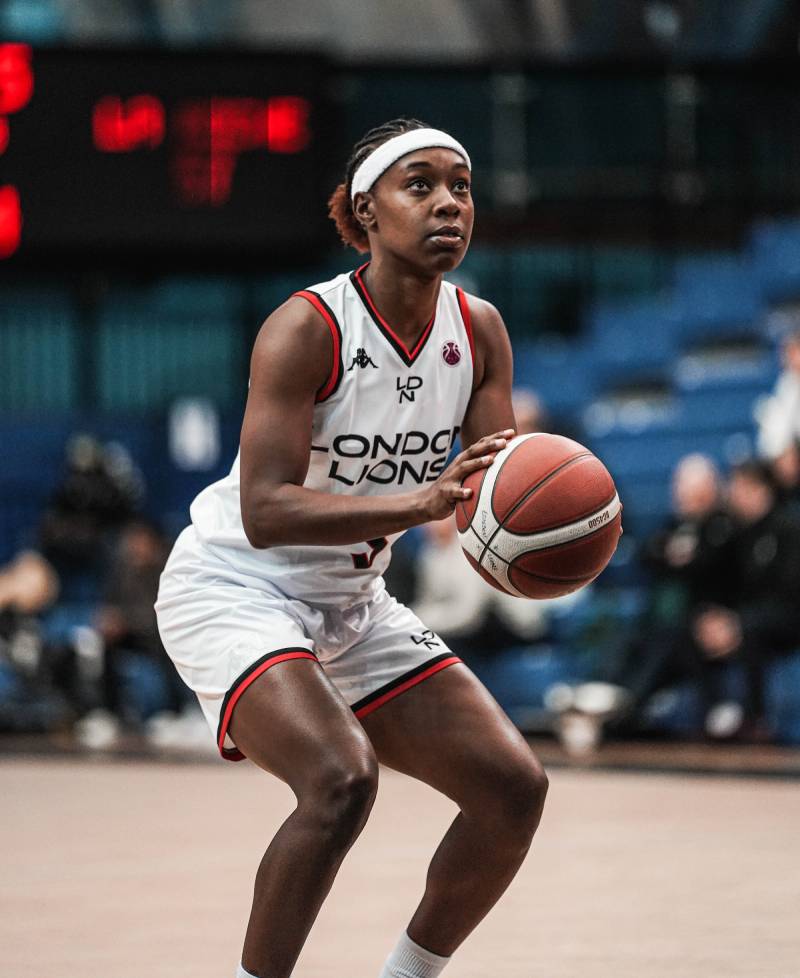
In 2011, the club and Edmonton- local, Pani Theodorou, launched Forest Flyerz; free weekly hockey sessions for anyone aged 6+ with a disability. “We researched and found there were no clubs offering hockey for people with disabilities,” says Philippa. “So [Pani] talked to England Hockey and now it’s a thing! Now there are dozens of disabled hockey clubs in the country; they’re all called Flyerz.” The club offers a three-week trial for all and the adult hockey club can be preceded by a free adult beginner’s club (ABC, for short). “You’re not going to be embarrassed,” says Philippa. “A lot of people say ‘Oh, I can’t come. I’m not fit enough.’ But you’re gonna get fit doing it, so you can’t let that stop you. You just get stuck in and do what you can do. Our club is actually very welcoming for all levels.”
Similarly, Samantha Bird, CEO and Director at London Pulse Netball believes there are multiple routes into sports: “you could do walking netball or you could do a back to netball programme, which is for girls and boys that may have played netball at school and given up, but then as adults, they could just come back and attend drop- in sessions. Even if you’re not a fantastic netballer, there’s a whole different range of things that you can do.” She continues: “You can be involved in the sport in another capacity, so you might be an umpire, a table official, a reporter, a photographer. You could be a physio or a performance analyst.”
The London Pulse Netball team have called the Copper Box Arena home, with training taking place across three of the arena’s halls: “although netball is not in the Olympics, to be playing on an Olympic Park, in an iconic venue such as the Copper Box is fantastic for our club and we certainly feel very privileged to be on the Olympic Park that’s still thriving, even today”, she says. “Just to be in a venue that’s held iconic events is an amazing environment for us to be in. It’s got a feel to it”, she says.”
Samantha, who previously played for England says London hosting the Olympics has reformed attitudes towards sport: “up until 2012, lots of sports were participatory, rather than being super competitive. Now, there’s a good mix of taking part for mental health and general well- being, but also elite competition and to celebrate men and women that are really reaching their peak in. I think the Olympics created a window for other sports to shine.”
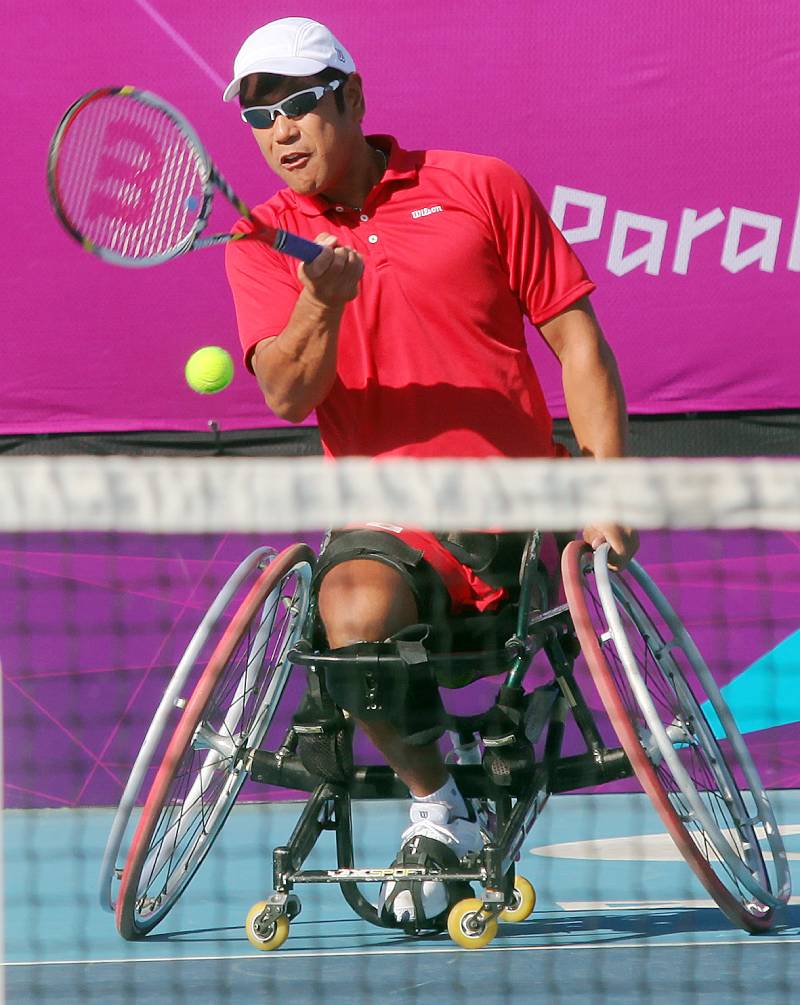
While some continue to pave the way for a new generation of athletes and sportspeople, others find themselves in the throes of a promising career, after years of arduous training. One such person is Shanice Beckford-Norton. Currently in her third year in the London Lions Women’s basketball team, Shanice plays guard: “I was one of those kids that did everything, and it wasn’t until I was 16 that I narrowed it down to basketball. I did regionals when I started out and represented England on a number of occasions. Now I’m fortunate enough to represent Team GB as well.”
The team, which trains at Copper Box Arena, has had an incredible winning streak recently in the FIBA Womens Eurocup. “10 years ago I was watching the Olympics and now I’m in the Commonwealth Games,” says Shanice. “I’ve played with some of the Olympians and I’ve been able to sit down and talk with them and be inspired by them,” she says. “It’s definitely had a humongous impact on me.”
Shanice believes that attending the Olympics as a spectator and seeing all the support directed towards the athletes was key. “I think it’s all had such a huge impact on everyone in East London,” she says. A seven-minute cycle away, the London Aquatics Centre stands between the London Stadium and Stratford Westfield. The centre is home to the Tom Daley Diving Academy, a GLL diving programme in partnership with the gold Olympic medallist. The programme comes in three formats; divers can opt to attend a weekly lesson, 1:1 coaching or juniors can attend intensive courses during holiday periods.
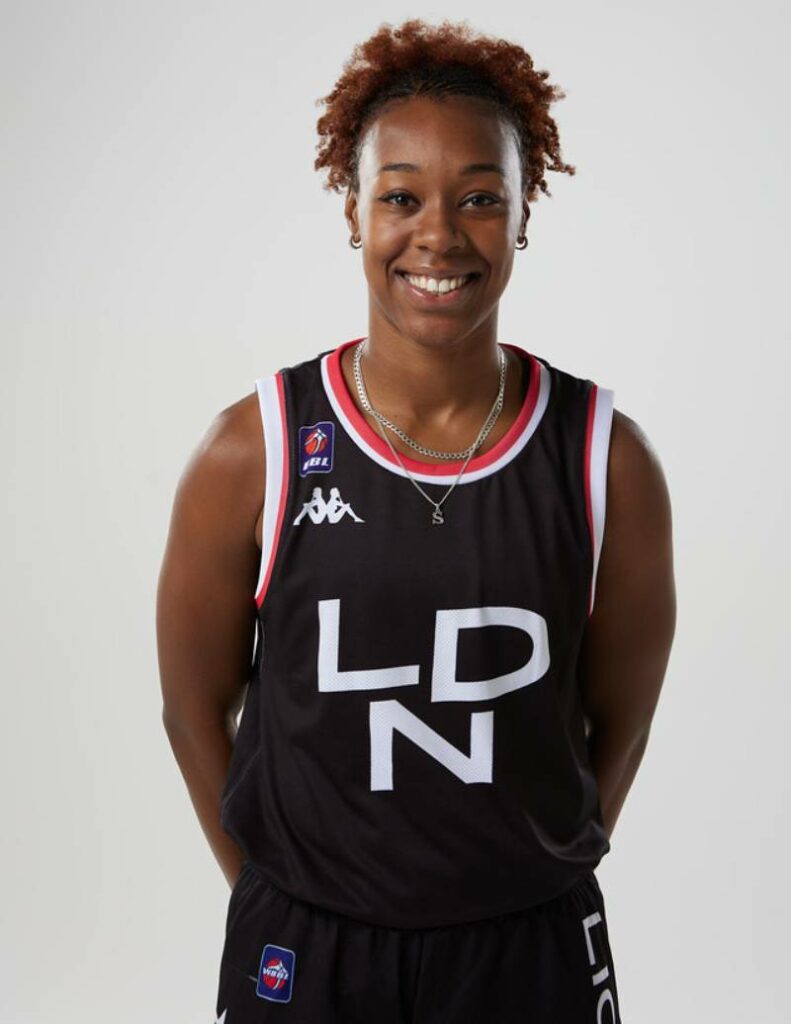
Sam Buck, Head Coach of London Aquatics Club, and the GLL diving programme says “Diving has seen a boost since the 2012 Olympics. Those children that maybe started 10 years ago are now the ones that are up and coming into junior international competitions. They’ll be the next generation pushing on for 2024 and 2028.” The London Aquatics Club, offers lessons for varying abilities and ages: “We have the biggest adult lessons programme in the country,” says Sam. “The first session is free, so you can come along and give it a try.” The programme is available for complete beginners “and then we take them all the way through. We also have a competitive squat programme, which takes divers from their first ever competition all the way through to Olympic Games. So, we cater for the full spectrum.”
Speaking on the influence the Olympics has had, Sam believes things have changed for the better: “I think it’s given more people more opportunities and greater access. Even some of the lesser-known sports are given more TV time now. You’re seeing the skateboard and the BMX, and now you can actually become an Olympic champion in those sports”, he says. “There are more avenues people can choose to go down, and they’re now seeing that sport and the culture of sport, is becoming more social and is a greater emphasis on fitness.”
Today, we are reminded that the venues that opened their doors ten years ago are more than just landmarks. “Have a look at Brazil, Spain, other countries that held
the Olympics. How many of their Olympic venues are still operating?”, says Jeremy, “compared to England, where the Copper Box is running, the Aquatics and the mountain bike centres, they’re still open.” These venues signify an unshakable foundation within East London’s sporting community and are a reminder that, although our time to host came to an end, we can still carry our team spirit.
“We want people to get involved and we want people to invest in sport. There are so many different ways you can be involved”, says Shanice. “Really just go for it. Really and truly. There are so many sports available out there.”
All non-professional clubs mentioned in this article offer taster sessions, all venues mentioned allow spectators and visits.
Check their websites for further information on pricing, future matches and events.

When an area changes as rapidly as Hackney Wick today, it can place a range of stresses on our wellbeing. But help is close at hand
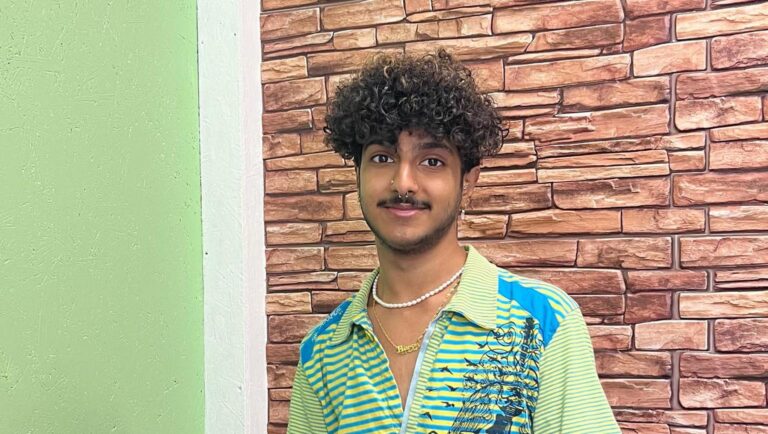
Meet the teen entrepreneur who turned his lockdown dog-walking venture into a fully-fledged retail business
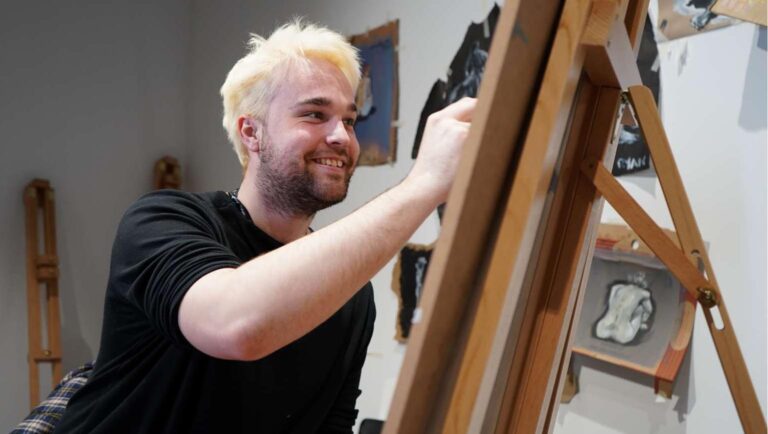
No less than six world class universities have now gravitated to establish campuses on the Queen Elizabeth Olympic Park, offering an inspiring range of courses
A joint venture in collaborative local media from:
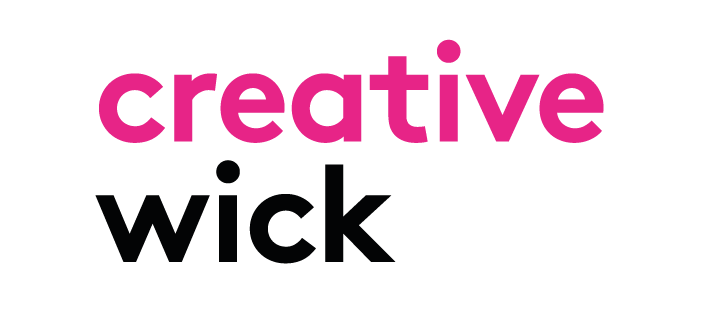

In partnership with

Regulated by IMRESSS, the IndependentMonitor for the Press CIC.

For more info on our complaints policy, or to make a complaint, please see our FAQ.